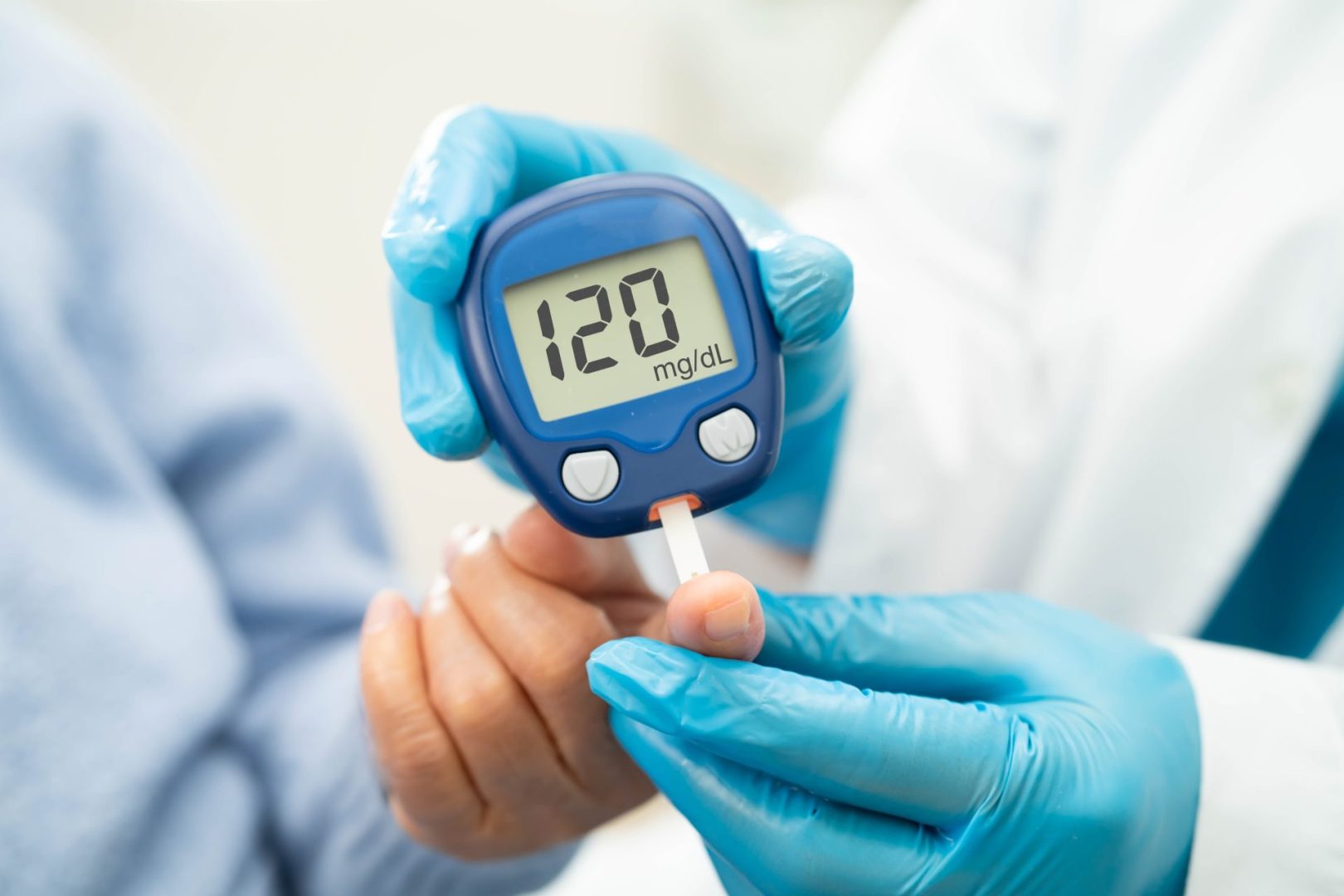Living with diabetes doesn’t have to mean accepting a lifetime of increasing medication doses and constant worry about blood sugar spikes. While traditional medical approaches focus heavily on pharmaceutical interventions, emerging evidence demonstrates that comprehensive lifestyle modifications can dramatically transform diabetes management outcomes.
The journey toward better diabetes control extends far beyond simply taking prescribed medications at scheduled times. This chronic condition responds remarkably well to holistic approaches that address multiple aspects of health simultaneously, creating synergistic effects that often exceed what medication alone can achieve.
Understanding diabetes as a complex condition influenced by diet, exercise, stress levels, sleep quality, and emotional well-being opens doors to management strategies that empower individuals rather than making them dependent on ever-increasing pharmaceutical interventions.
The hidden truth about diabetes management
Modern diabetes treatment often creates a cycle where individuals rely increasingly on medications while their underlying health continues to deteriorate. This approach treats symptoms rather than addressing root causes, leading to progressively worse health outcomes despite faithful medication adherence.
The human body possesses remarkable healing and adaptation capabilities when provided with proper nutrition, regular movement, and stress management. These natural mechanisms can significantly improve insulin sensitivity and blood sugar control when consistently applied over time.
Many people discover that comprehensive lifestyle changes not only improve their diabetes management but also enhance overall quality of life, energy levels, and long-term health prospects. This transformation occurs through addressing multiple health factors simultaneously rather than focusing solely on blood sugar numbers.
Understanding the diabetes spectrum
Type 1 diabetes requires careful insulin management due to the pancreas’s inability to produce sufficient insulin. However, even individuals with Type 1 diabetes can benefit from lifestyle modifications that improve insulin sensitivity and reduce the amount of medication needed for effective blood sugar control.
Type 2 diabetes often develops gradually through lifestyle factors that impair insulin function and glucose metabolism. This progression means that reversing these same lifestyle factors can often restore much of the body’s natural blood sugar regulation capabilities.
The distinction between diabetes types becomes less important when focusing on comprehensive health improvement strategies. Both conditions respond positively to lifestyle modifications, though the degree of medication reduction varies based on individual circumstances and disease progression.
Revolutionary dietary approaches for blood sugar control
- Whole food nutrition transforms insulin sensitivity dramatically. Focusing on unprocessed foods like vegetables, fruits, whole grains, lean proteins, and healthy fats provides steady nutrition without causing dramatic blood sugar fluctuations that require medication intervention.
The fiber content in whole foods slows glucose absorption, creating gentler blood sugar curves that the body can manage more effectively. This natural regulation reduces the need for rapid-acting medications while supporting long-term metabolic health.
Eliminating processed foods, sugary beverages, and refined carbohydrates removes major blood sugar disruptors from daily nutrition. These dietary changes often produce noticeable improvements in blood sugar control within weeks of implementation.
Strategic meal timing and portion control
- Intermittent fasting protocols can reset insulin sensitivity. Structured eating windows allow the body to fully process glucose and restore insulin receptor function between meals, improving natural blood sugar regulation over time.
Smaller, more frequent meals prevent overwhelming the body’s glucose processing systems while maintaining steady energy levels throughout the day. This approach reduces blood sugar spikes that typically require medication intervention.
Carbohydrate timing around physical activity maximizes the body’s natural glucose uptake mechanisms. Consuming carbohydrates before or after exercise allows muscles to utilize glucose efficiently without requiring additional insulin support.
Exercise as medicine for diabetes management
- Regular physical activity acts as natural insulin. Muscle contractions during exercise create glucose uptake that doesn’t require insulin, effectively lowering blood sugar through purely mechanical means.
Both aerobic exercise and resistance training provide unique benefits for diabetes management. Aerobic activity improves cardiovascular health and immediate glucose uptake, while resistance training builds muscle mass that increases long-term glucose storage capacity.
The timing of exercise relative to meals can significantly impact blood sugar control. Post-meal walks or light exercise sessions help process glucose naturally while preventing the spikes that typically require medication intervention.
Stress reduction for metabolic healing
- Chronic stress management directly improves blood sugar stability. Elevated stress hormones like cortisol interfere with insulin function and glucose metabolism, creating a cycle where stress makes diabetes management more difficult.
Meditation, deep breathing exercises, and mindfulness practices help regulate stress hormones while improving overall metabolic function. These techniques often produce measurable improvements in blood sugar control within weeks of consistent practice.
Quality sleep serves as a foundation for metabolic health, with sleep deprivation significantly impairing insulin sensitivity and glucose regulation. Prioritizing 7-9 hours of quality sleep supports the body’s natural diabetes management mechanisms.
Advanced monitoring for precision management
- Continuous glucose monitoring reveals personalized patterns. Understanding how individual foods, activities, and stressors affect blood sugar enables precise lifestyle modifications that can dramatically reduce medication needs.
Food logging combined with blood sugar tracking identifies specific dietary triggers that cause problematic glucose spikes. This personalized information allows for targeted dietary modifications rather than broad restrictions.
Tracking mood, sleep quality, and stress levels alongside blood sugar readings reveals connections between lifestyle factors and glucose control. These insights enable comprehensive management strategies that address root causes rather than just symptoms.
Natural supplements and herbs for blood sugar support
- Research-backed supplements can enhance natural diabetes management. Chromium, cinnamon extract, berberine, and alpha-lipoic acid have demonstrated blood sugar-lowering effects in clinical studies.
Magnesium supplementation often improves insulin sensitivity, as this mineral plays crucial roles in glucose metabolism. Many individuals with diabetes show magnesium deficiency, making supplementation particularly beneficial.
Omega-3 fatty acids from fish oil or flaxseed help reduce inflammation that interferes with insulin function. These healthy fats also support cardiovascular health, addressing diabetes-related complications.
Weight management for improved insulin function
- Strategic weight loss dramatically improves insulin sensitivity. Even modest weight reduction of 5-10% can produce significant improvements in blood sugar control and reduce medication requirements.
Focusing on body composition rather than just weight loss helps build lean muscle mass that improves glucose metabolism. Muscle tissue serves as a glucose reservoir, helping regulate blood sugar naturally.
Sustainable weight management through lifestyle changes produces lasting results compared to crash diets that often lead to weight regain and metabolic disruption.
Building supportive community connections
- Social support accelerates diabetes management success. Connecting with others who understand the challenges of diabetes management provides motivation, accountability, and practical strategies for lifestyle implementation.
Family involvement in lifestyle changes creates supportive environments that make healthy choices easier to maintain. When household members embrace healthy eating and active lifestyles, individual success rates improve dramatically.
Working with healthcare providers who support lifestyle-based diabetes management ensures safe medication adjustments as health improvements occur. This professional guidance prevents complications while optimizing treatment approaches.
Creating sustainable lifestyle changes
Gradual implementation of lifestyle modifications produces more sustainable results than attempting dramatic changes simultaneously. Starting with one or two modifications allows for proper habit formation before adding additional strategies.
Tracking progress through multiple metrics beyond blood sugar readings helps maintain motivation during the adjustment period. Improvements in energy levels, sleep quality, and mood often occur before significant blood sugar changes become apparent.
Building flexibility into lifestyle plans prevents perfectionism that can derail long-term success. Allowing for occasional indulgences while maintaining overall healthy patterns creates sustainable approaches to diabetes management.
Timing medication adjustments safely
Working closely with healthcare providers ensures safe medication reductions as lifestyle improvements occur. Blood sugar improvements often happen gradually, requiring systematic medication adjustments to prevent hypoglycemia.
Regular medical monitoring becomes increasingly important as lifestyle changes take effect. Healthcare providers can identify optimal timing for medication adjustments while ensuring safety throughout the process.
Emergency planning remains crucial during lifestyle-based diabetes management. Understanding how to handle unexpected blood sugar fluctuations ensures safety while pursuing reduced medication dependency.
Long-term health transformation
Comprehensive lifestyle approaches to diabetes management often produce improvements that extend beyond blood sugar control. Many individuals experience enhanced energy, better sleep, improved mood, and reduced risk of diabetes-related complications.
The compound effects of lifestyle modifications become more pronounced over time, with many individuals achieving better diabetes control after months or years of consistent healthy habits compared to their initial medication-dependent state.
Prevention of diabetes progression and complications becomes more achievable through lifestyle-based management approaches. These strategies address underlying metabolic dysfunction rather than simply managing symptoms.
Overcoming common implementation challenges
Time constraints often prevent individuals from implementing comprehensive lifestyle changes. Developing efficient meal prep strategies, quick exercise routines, and streamlined stress management techniques helps overcome these practical barriers.
Social pressures and food environments can challenge healthy eating efforts. Developing strategies for navigating social situations while maintaining dietary goals ensures long-term success.
Motivation fluctuations are normal during lifestyle change processes. Creating systems for maintaining progress during challenging periods prevents temporary setbacks from derailing long-term success.
Measuring success beyond blood sugar numbers
Quality of life improvements often occur before significant blood sugar changes become apparent. Tracking energy levels, mood, sleep quality, and physical capabilities provides comprehensive success metrics.
Reduced medication side effects and healthcare costs represent additional benefits of lifestyle-based diabetes management. These improvements often motivate continued healthy habit maintenance.
Enhanced confidence and sense of control over health outcomes provide psychological benefits that support long-term lifestyle adherence. This empowerment often extends to other areas of life beyond diabetes management.
The future of personalized diabetes care
Emerging technologies enable increasingly personalized diabetes management approaches. Continuous glucose monitors, fitness trackers, and smartphone apps provide real-time feedback that optimizes lifestyle strategies.
Genetic testing and metabolic profiling may eventually allow for highly individualized diabetes management protocols. These advances could identify optimal dietary approaches, exercise types, and supplement strategies for each person.
The integration of lifestyle medicine with traditional medical care represents the future of comprehensive diabetes management. This approach combines the best of both worlds while empowering individuals to take active roles in their health.















